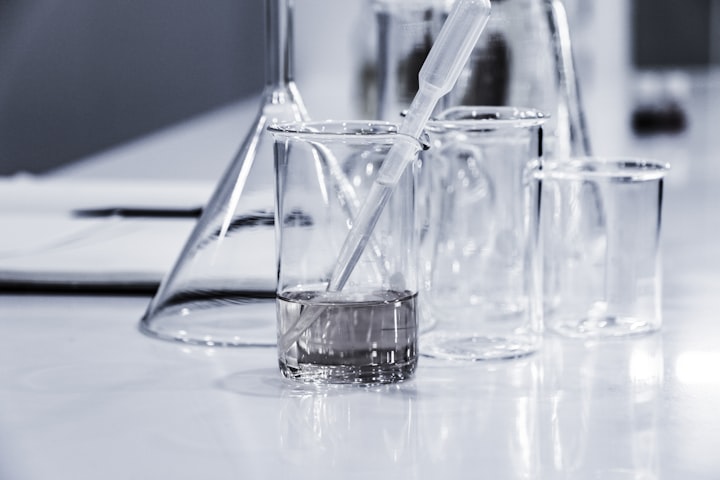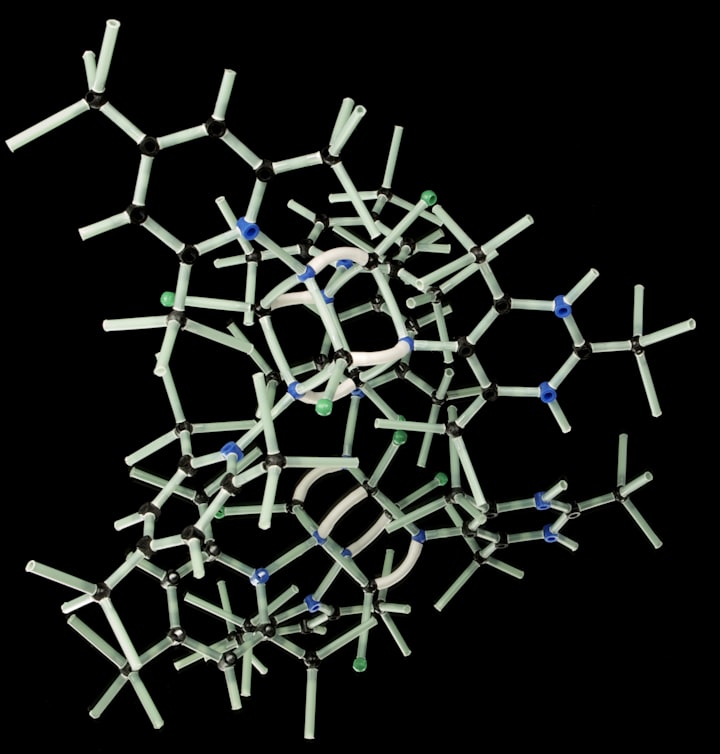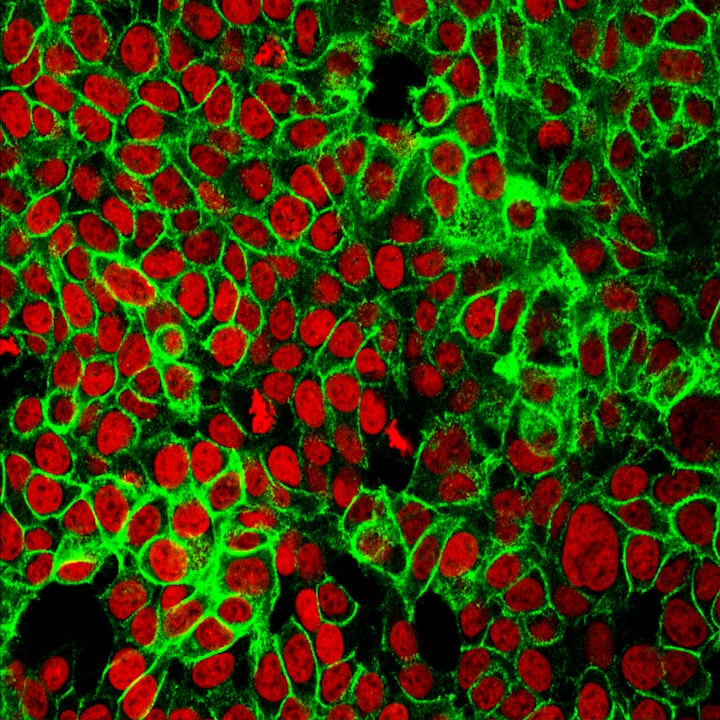How Do Marine Organisms Cope with Their Own Urine in the Ocean?
Delve into the ocean's nitrogen cycle and how marine organisms maintain nitrogen equilibrium.

Diving into the depths of the ocean reveals an intricate ecosystem bustling with numerous creatures, all engaging in their daily activities. The notion that these organisms swim in a vast pool of urine begs the question: how do they not succumb to the perils of their waste?
Understanding Urination in Marine Life
Understanding the purpose of urination in marine life is essential.
The main goal of urination in these organisms is to eliminate excess nitrogen-based chemicals, such as ammonia, urea, or uric acid – crucial waste products of their metabolic processes.
This elimination process is vital to prevent the accumulation of potentially hazardous substances in the ocean.
The Nitrogen Cycle
The ocean's nitrogen cycle plays a crucial role in mitigating the potential harm caused by the excretion of nitrogen-based waste products.
Various bacteria and organisms spearhead the conversion of ammonia into gaseous dinitrogen (N2), rendering it relatively harmless and unusable by most living things.
This process serves as a pivotal safeguard against the dangers posed by the buildup of nitrogen-based waste in the marine environment.
Nitrogen Fixation
Following the conversion of ammonia into dinitrogen, other microorganisms come into play to carry out nitrogen fixation.
This process involves the conversion of dinitrogen back into other forms that are essential for building various molecules vital to life.
By cycling nitrogen in this manner, marine organisms can continuously utilize this crucial element without succumbing to the potential hazards associated with its waste by-products.
The Persistence of Oceanic Harmony
While the concept of marine organisms swimming in a concoction of their waste products might initially invoke discomfort, the intricacies of the nitrogen cycle in the ocean denote a remarkable equilibrium.
Through meticulous processes orchestrated by various microorganisms, the perils of nitrogen-based waste are mitigated, allowing marine life to thrive in an environment uniquely resilient to the pitfalls of urine.
Overcoming Nature's Boundaries
The ability of marine life to coexist amid the perpetual excretion of nitrogen-based waste products sheds light on the remarkable adaptations and natural mechanisms that underpin the sustainability of the ocean's ecosystem.
By unraveling the intricate processes safeguarding marine life from the potential harm posed by urine, a newfound appreciation for the resilience of these organisms and the boundless wonders of the ocean emerges.






